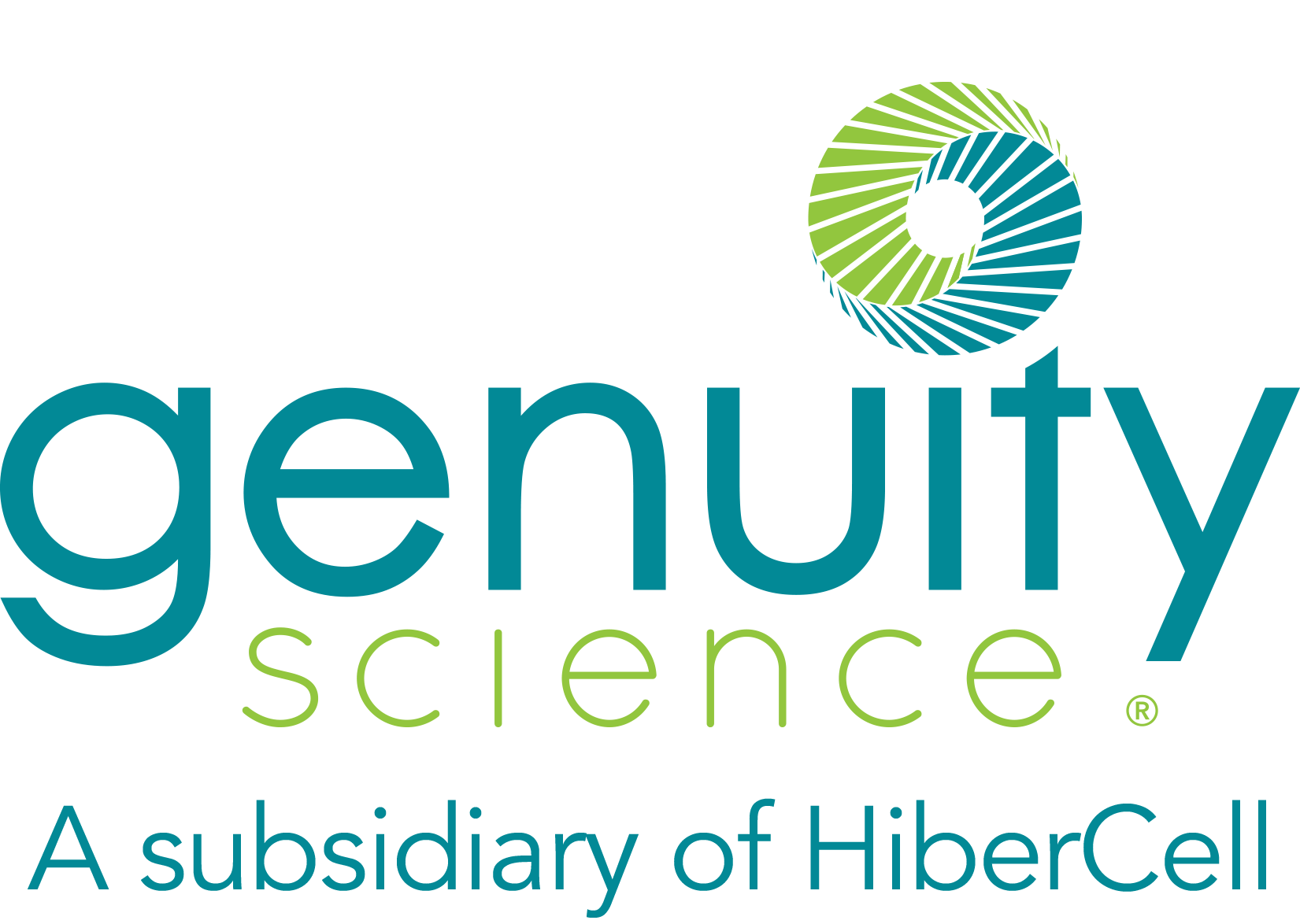Genuity Science's areas of research:
Genuity Science is conducting a number of research studies across Ireland and beyond.

Alzheimer’s Disease
Alzheimer’s Disease
There are almost 55,000 people today in Ireland living with dementia. Of these, 36% are men and 64% are women. Alzheimer’s disease is the most common type of dementia. Genuity Science is conducting research into Alzheimer’s disease to identify genetic markers that can help diagnose, predict disease severity and identify tailored treatments for people living with these conditions.

Ankylosing Spondylitis & Non-Radiographic Axial Spondyloarthritis
Ankylosing Spondylitis & Non-Radiographic Axial Spondyloarthritis
There are as many as 20,000 people in Ireland living with one of these chronic inflammatory conditions. Our research hopes to identify linkages that can help diagnose AS and nrAxSpa early on, predict their severity, and suggest personalised treatments.

Diabetes
Diabetes
It is estimated that over 225,000 people in Ireland are living with diabetes – and this number is growing each year. Genuity hopes to turn the tide on this growth by uncovering the underlying genetics factors related to diabetes in order to help diagnose and better treat diabetes in the future.

Heart Failure
Heart Failure
We do not know exactly what causes heart failure (HF), but scientists believe that genetic make-up combined with environmental and lifestyle factors may be at play. The Genuity Science HF research study aims to explore this relationship between genomics, HF, and environmental/lifestyle factors in order to identify patterns that will help deepen our understanding of the disease.

Inflammatory Bowel Disease (IBD)
Inflammatory Bowel Disease (IBD)
We do not know exactly what causes Inflammatory Bowel Disease (IBD), a term which describes Crohn’s disease and Ulcerative Colitis, but scientists believe that a combination of factors including genetics, an abnormal reaction of the immune system, viruses, bacteria and other environmental factors may be at play.

Liver Diseases NASH & NAFLD
Liver Diseases NASH & NAFLD
The term Non-Alcoholic Fatty Liver Disease (NAFLD) is used to describe a spectrum of diseases which includes Non-Alcoholic Fatty Liver (NAFL) and Non-Alcoholic Steatohepatitis (NASH). NAFLD itself is common and may affect up to approximately 25% of the population, however NASH is a more aggressive form of the condition. It is not yet known what causes progression from NAFL to the more dangerous form NASH, but scientists believe that genetic make-up combined with environmental and lifestyle factors may be at play. The Genuity Science Liver Disease Research Study aims to explore this relationship between genomics, liver disease, and environmental/lifestyle factors in order to identify patterns that will help deepen our understanding of the disease.

Multiple Sclerosis
Multiple Sclerosis
We do not know exactly what causes MS, but scientists believe that genetic make-up combined with environmental and lifestyle factors may be at play. The Genuity Science MS research study aims to explore this relationship between genomics, MS, and environmental/lifestyle factors in order to identify patterns that will help deepen our understanding of the disease.

Parkinson's Disease
Parkinson's Disease
Parkinson’s disease is a long-term (chronic) neurological condition that affects more than 10 million people worldwide. It affects the way the brain co-ordinates body movements, including walking, talking and writing.
